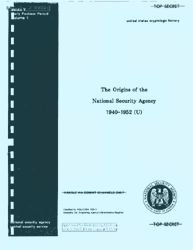James Robbins, a British observer, draws attention to the gap between Nyerere's aims and achievements. Robbins suggested that Nyerere tried without success to achieve the goal he had set out in the Arusha Declaration of 1967: the development of Tanzania as a self-reliant, socialist state. The Declaration was one of the most significant political statements to have emerged in post-colonial Africa. However, the policy of Ujamaa, with its aim of creating community-based communes, proved a disaster. The idealism on which it rested was undermined by the failure to provide individuals with genuine incentives. It was this failure that damaged Nyerere's reputation as one of the few African leaders at this time who represented principle and integrity.
An Arab writer who takes a similarly critical line is Haroub Othman, who defines Nyerere's chief weakness as a failure to grasp that the Tanzanian state had to be fundamentally reformed if was to serve the purposes he intended:
SOURCE Z
According to Source Z, what was Nyerere’s basic mistake in his leadership of Tanzania?
Excerpt from ‘Nyerere’s Political Legacy’ by Haroub Othman in Tanzania After Nyerere, edited by Michael Dodd, published by Pinter Publishers, London, UK, 1988, p. 163.
Nyerere failed to address himself to the question of the state. Tanganyika at the time of independence inherited a colonial state and its institutions and what Nyerere tried to do was to give the state the national colours. But he never considered seriously dismantling the state or how the forces that emerged at independence could effectively use it. It is baffling that, after the 1967 Arusha Declaration, it was thought that a colonially-inherited state could be a vehicle for socialist transformation.
On what grounds has Nyerere been defended?




 World History
World History









